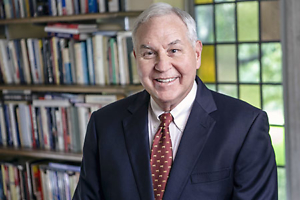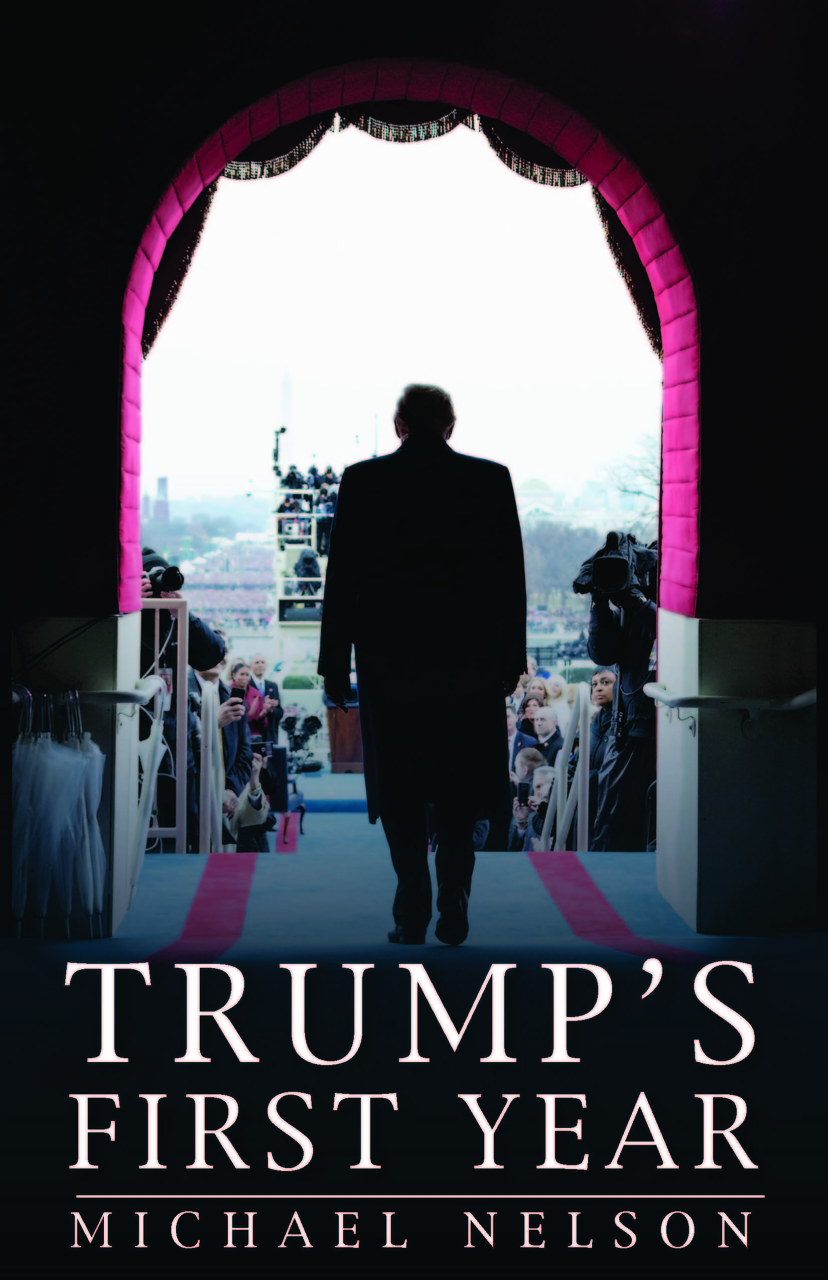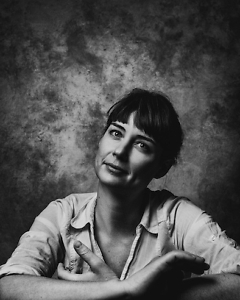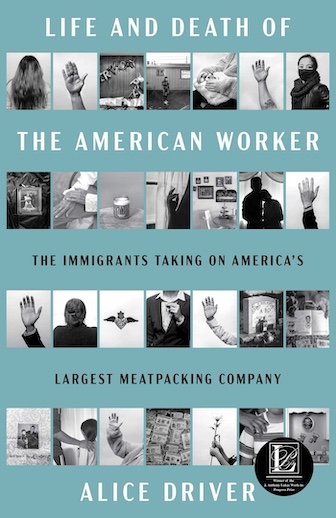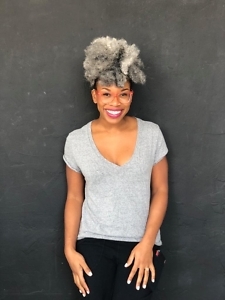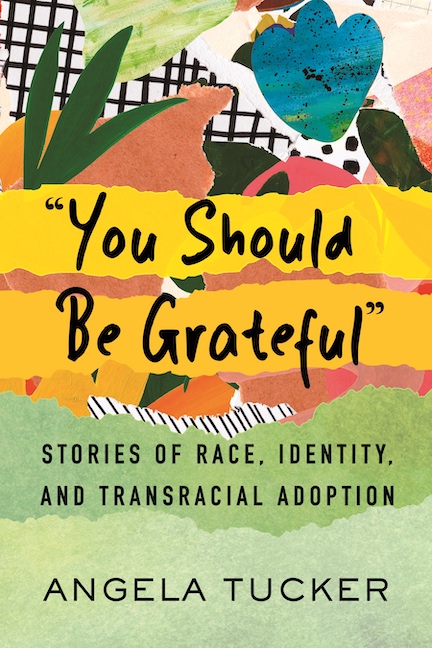It Wasn’t Strange at the Time
Adam Ross talks with Chapter 16 about his forthcoming novel, Playworld
In 2010, Adam Ross launched his first novel, Mr. Peanut, with an arresting opening line: “When David Pepin first dreamed of killing his wife, he didn’t kill her himself. He dreamed convenient acts of God.” The book, fifteen years in the making, went on to become a critically acclaimed bestseller, and Ross followed it only a year later with Ladies and Gentlemen, a story collection that earned its share of fame, too.
 Since then, the Nashville novelist has been at work on a new book, Playworld, which he expects to complete this summer. The story of a year in the life of a child actor, the novel begins with another killer opening: “In the fall of 1980, when I was thirteen, a friend of my parents named Naomi Shaw fell in love with me. She was thirty-six, a mother of two, and married to a wealthy man. Like so many things that happened to me that year, it didn’t seem strange at the time.”
Since then, the Nashville novelist has been at work on a new book, Playworld, which he expects to complete this summer. The story of a year in the life of a child actor, the novel begins with another killer opening: “In the fall of 1980, when I was thirteen, a friend of my parents named Naomi Shaw fell in love with me. She was thirty-six, a mother of two, and married to a wealthy man. Like so many things that happened to me that year, it didn’t seem strange at the time.”
Prior to his reading at the University of Tennessee in Knoxville on February 16, Ross answered questions from Chapter 16 via email about his life since Mr. Peanut and what we can expect from Playworld:
Chapter 16: You spent the 2013-2014 academic year in Princeton as a Hodder Fellow and the fall of 2014 in Berlin on a fellowship from the American Academy. This semester you’re the visiting writer-in-residence at the University of Tennessee in Knoxville. Are you avoiding Nashville?
Adam Ross: Not intentionally. Mostly it’s just been a great run of luck. Princeton’s Hodder Fellowship doesn’t have a residency requirement, but I was up there for about a week each month, beginning in September, where I gave a reading from Playworld, my novel in progress, along with another Hodder Fellow, the remarkable poet Katy Didden. (Go read her book The Glacier’s Wake. It’s astonishing.) From there on I scheduled my visits to coincide with the visiting writers’ appearances. So I got to hear some terrific readings by Teju Cole, Claire Vaye Watkins, and Jamaica Kincaid, among others, and also got to slink around the creative-writing department, which boasts a ridiculously amazing faculty—Jeffrey Eugenides, Susan Wheeler, Paul Muldoon, A.M. Homes, Michael Dickman, and Chang-rae Lee, again to name but a few. Oh, there’s also some lady I hadn’t heard of there named Joyce Carol Oates. Full disclosure, I got to work in her office for several weeks but only managed to write three novels.
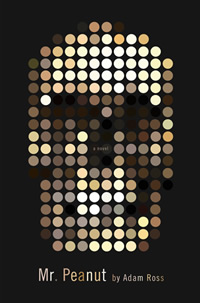 My semester at the American Academy in Berlin was just as amazing but in a different way, since my family came with me. My two daughters had the chance to attend an international school and live in an entirely different culture, while my wife took a much-deserved sabbatical from practicing law. We did a lot of traveling around Europe. We spent many weekends exploring Berlin, a city that seems to have more cultural offerings per block than any other city on the planet. (Consider the fact that the city of Berlin has a larger arts budget than the entire NEA.) We also had the pleasure of living at the Academy with some tremendous scholars and artists. I’d go back in a heartbeat.
My semester at the American Academy in Berlin was just as amazing but in a different way, since my family came with me. My two daughters had the chance to attend an international school and live in an entirely different culture, while my wife took a much-deserved sabbatical from practicing law. We did a lot of traveling around Europe. We spent many weekends exploring Berlin, a city that seems to have more cultural offerings per block than any other city on the planet. (Consider the fact that the city of Berlin has a larger arts budget than the entire NEA.) We also had the pleasure of living at the Academy with some tremendous scholars and artists. I’d go back in a heartbeat.
But I didn’t have long to miss it because I started teaching graduate creative writing students at UT almost immediately upon our return, which is a great gig—I get to hang with first-rate novelists like Michael Knight and Margaret Lazurus Dean and Christopher Hebert, as well as visiting writers like Jonathan Miles. Plus the students have already proven to be a hard-working, talented bunch.
Truth be told, I am very happy to be home, although I don’t recognize the city anymore because there’s so much construction. Is it me, or is the Station Inn now like Virginia Lee Burton’s The Little House?
Chapter 16: In his introduction to your reading at the American Academy last fall, Joshua Cohen argues that identity politics—or, at least, the media tendency to identify authors by their ethnic or cultural identity: Jewish-American writers, for example, or African-American writers—has made it impossible to be simply an American writer. “The American writer is almost never allowed to be an American writer,” he said. “The American writer can maybe only be an American writer abroad.” Having just returned from Europe, do you agree?
Ross: In a way, yes. Sometimes it seems like the American critical class has to categorize a writer before fully engaging with his or her work. Put another way, it sometimes seems as if writers here are forbidden to imagine beyond their “ethnic or cultural identity,” and that gets tiresome. I also think it leads to a kind of niche writing or, dare I say it, brand awareness linked to identity politics. Josh’s introduction really was thought-provoking and I agree with it because when you’re over there, when you’re in Germany, the audience thinks you’re bringing news about America first. Your ethnicity trails it, like the bat’s crack heard from the outfield.
 Chapter 16: Mr. Peanut features some pretty stunning sex scenes—I’m remembering particularly an encounter in the front seat of a car—but Ladies and Gentlemen was relatively PG by comparison. How would you rate Playworld? The bit you read from it in Berlin certainly suggests that this book won’t be tame.
Chapter 16: Mr. Peanut features some pretty stunning sex scenes—I’m remembering particularly an encounter in the front seat of a car—but Ladies and Gentlemen was relatively PG by comparison. How would you rate Playworld? The bit you read from it in Berlin certainly suggests that this book won’t be tame.
Ross: I haven’t written any steamy sex scenes yet but will post them on my Facebook page when I do. Actually, I consider the book very tame when it comes to such explicit matters but not in terms of the emotional repercussions that arise from how children and adults relate to each other, whether it be parent/child, teacher/student, coach/athlete, or woman/boy. I’ll say this as a coming attraction: the book’s about the sometimes-fraught space that arises when adults and children find themselves consistently private. Sometimes this space becomes erotic and criminal, but really, more often, it becomes one-sided, and by that I mean an adult can exert too much influence on how a child sees the world because of how the world betrayed the adult.
Chapter 16: In a recent interview with NPR, you said, outright, that Playworld is an autobiographical novel, but it is not a thinly veiled memoir: “Rarely is one’s own story that interesting,” you go on to point out; “it’s the job of the fiction writer, using his or her imagination, to change things however necessary to make it something worth reading.” But you have written, very persuasively, about your own life. Any chance you’ll turn to a full-length memoir some day?
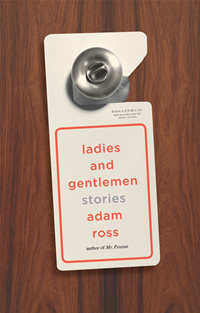 Ross: Maybe. But only if it’s the Gone Girl of memoirs.
Ross: Maybe. But only if it’s the Gone Girl of memoirs.
But speaking to Playworld’s autobiographical setting and characters, just as in the story “Middleman” from Ladies and Gentlemen, I’m writing about a child actor in the early 80s, but on a broader canvas with many more characters and locales. It begins, for instance, in Nashville in 1999. It also has a very significant political dimension. Actually, the novel’s protagonist has already appeared in my fiction, both in a story I just published in the Berlin Journal, a narrative that falls outside the novel’s frame, and in Ladies and Gentlemen. The narrator from “The Suicide Room,” Griffin Hurt, is the same character.
Chapter 16: During your time in Berlin, UTK history professor Monica Black was also a fellow at the American Academy. Do Tennesseans have some kind of lock on that award?
I wish. I am happy to report that she and I became great friends. She’s a scholar of twentieth-century German social and cultural history and is writing an amazing book about Bruno Groning, whom she describes as post-war Germany’s first “rock star,” a term she uses ironically, since the concept hadn’t been invented yet. He was this faith healer/exorcist who seemed to fill this spiritual void left behind by the Fuhrer, and it’s just such compelling and spooky material, with bits of the occult thrown in. Honestly, talking about it makes me miss the Academy because you got to have dinner every night with people like her who knew stuff. It’s edifying for someone like me, who just makes up stuff, to be around people who actually know stuff.
Chapter 16: In your last teaching gig you taught literature to middle-school girls. Now you’re teaching university creative-writing students. Any similarities so far?
Ross: Similarities? What is this, a set up? Do they ask me, after I get a haircut, whether or not I got a haircut? Or: did I read their story yet? Or: do I have to rewrite this? Or: can I turn this assignment in a little later? Yes, to all of the aforementioned. And I’m enjoying myself just as much as I did teaching middle-school girls. The UT students are a decidedly serious bunch, and they’re living and breathing fiction and literature. So I guess the real similarity is this: it’s totally energizing to spend several hours a week with them.
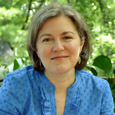
Margaret Renkl, the editor of Chapter 16, has published widely in both literary and mainstream magazines, including The Southern Review, Shenandoah, Good Housekeeping, Health, and CNN.com, among others. She lives in Nashville.
